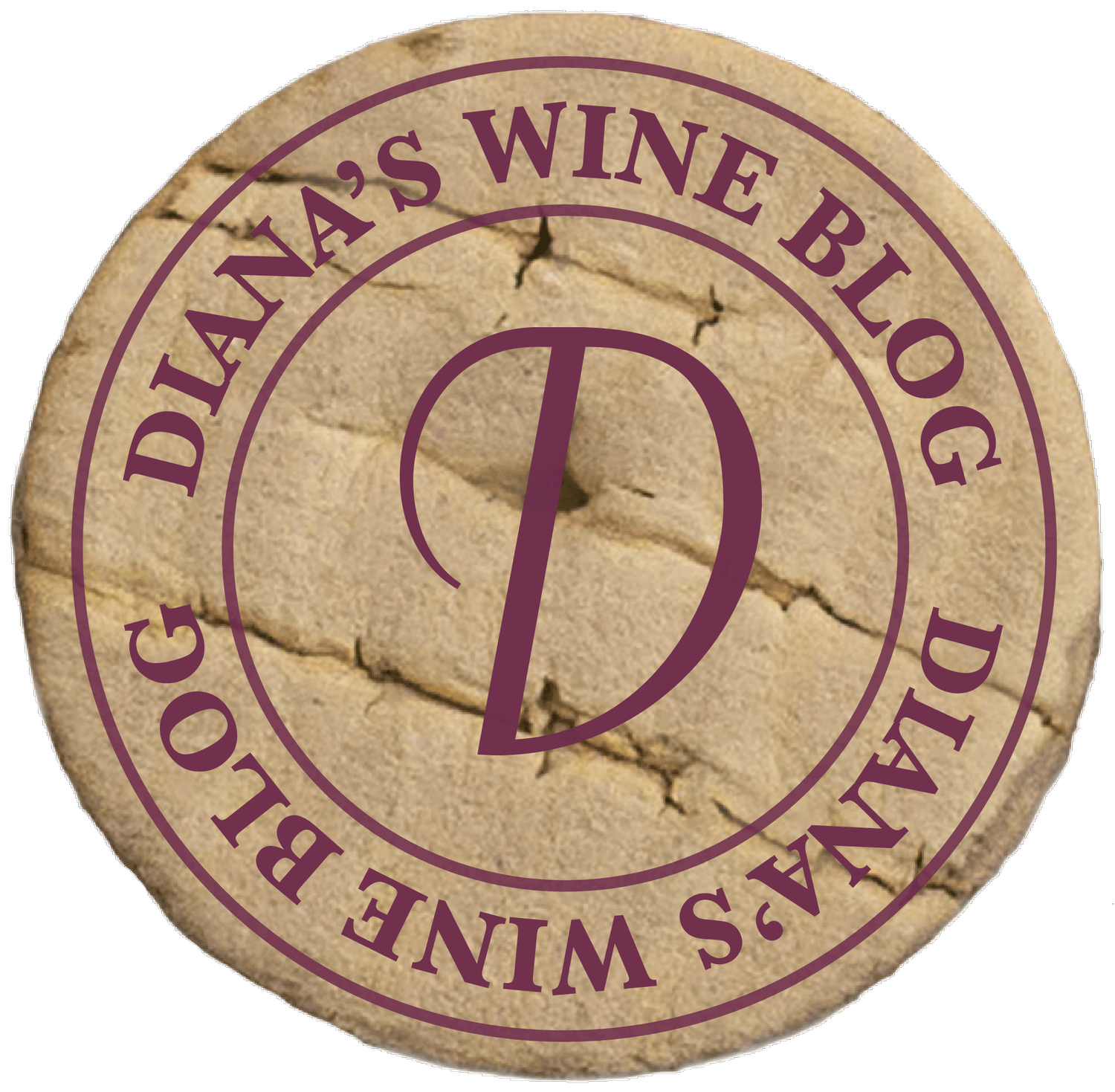A Word about Ratings
It seems today that everything is rated, in one way or another: movies, restaurants, Olympic dives, and so on. Wines are rated as well, and it can be confusing. You may wander through the store and see ratings by Wine Enthusiast, Wine Advocate, and/or Wine Spectator. Or maybe you’ll see Wilford Fong or Gold Medal Winner. The list seems almost limitless.
The first question to ask is why? What do the ratings matter? I like what I like, right? Well, yes and no. Wine is an artful expression of fruit that has been transformed into a delightful beverage that we enjoy. It is also a balance of fruit, alcohol, and tannins (if we’re talking about red wine). (Tannins are found in the skins and seeds of grapes, and their presence gives you the feeling of dryness in your mouth.) If there’s too much of one, the wine will not be pleasurable. If there’s too much alcohol, the wine will feel hot and overpowering. If there’s too much fruit, without the alcohol and tannins, the wine will be flat or flabby. If the tannins aren’t fully ripe, the wine will be harsh and almost astringent.
So what does this have to do with ratings? Well, that is the value, in my opinion, of the ratings. Ratings give you confidence that you’re buying a well-crafted wine, one that most likely has a good balance of fruit, alcohol, and tannins. The first step to enjoying wine is to have a well-structured, well-balanced wine.
So, who do I trust? Let’s take a look at the Wine Spectator and Wine Advocate rating systems.
Wine Spectator
95-100: Classic
90-94: Outstanding
85-89: Very good
80-84: Good
75-79: Mediocre
50-74: Not recommended
Wine Advocate
96-100: Extraordinary
90-95: Outstanding
80-89: Barely above average to very good
70-79: Average
60-69: Below average
50-59: A wine deemed unacceptable
Wine Spectator and Wine Advocate are pretty similar in how they approach their ratings, yet there is a difference that may influence their scores. The Wine Advocate is a publication that, until now, has not accepted any paid advertisements. (Within the past few days, it was announced that Robert Parker is selling a substantial interest in the Wine Advocate to three investors, and they plan to start accepting advertising but not from wineries or wine-related businesses). Wine Advocate is published every two months with ratings and descriptions of the wines’ flavors and structure. Yet they do not taste blind. They visit wineries and taste what the winery shares with them.
On the other hand, Wine Spectator tastes blind. They do not know the winery or the winemaker, and they taste without any knowledge of the bottle. Yet they are a monthly publication that needs and accepts advertisers, including advertisers from wineries and wine-related businesses.
Which one is better? Find out for yourself and see where your palate lands. I personally use both as a barometer of wine worth tasting. The ratings do not assure that you will like the wine. After all, you have your own preferences. But the ratings are a good starting point to give you confidence that you have a good wine; and, as the saying goes, “Life is too short to drink bad wine!”
Cheers!
